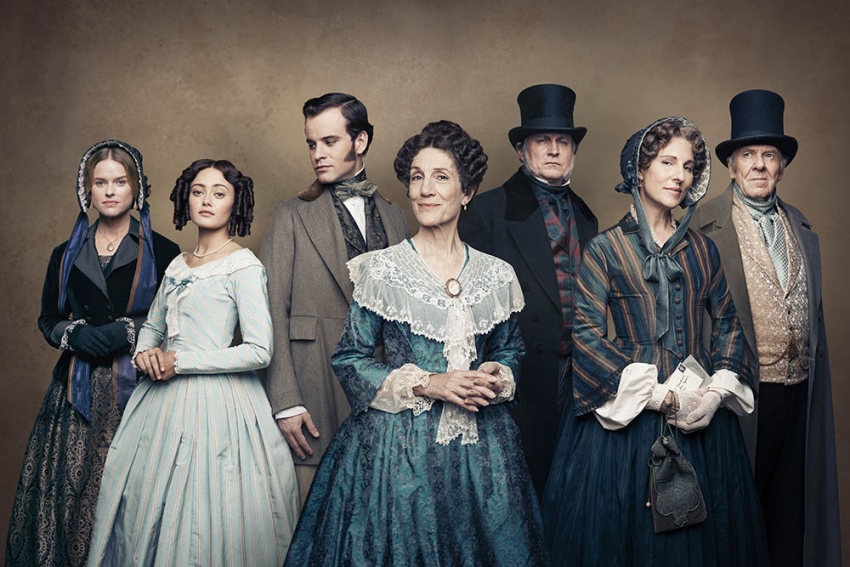Belgravia (2020), created by Julian Fellowes (of Downton Abbey fame), is a sumptuous six-part historical drama that skillfully blends secrets, class tensions, and family legacy. Set in 19th-century London, the series opens with the glittering Duchess of Richmond’s ball on the eve of the Battle of Waterloo—where a tragic romance sows the seeds for the drama that unfolds decades later in the newly developed neighborhood of Belgravia.
The story centers around the Trenchard family, nouveau riche social climbers whose lives are entangled with the aristocratic Brockenhursts through a secret that threatens to disrupt both families’ reputations. Tamsin Greig delivers a restrained yet deeply emotional performance as Anne Trenchard, whose quiet dignity anchors the show. Philip Glenister and Harriet Walter also lend gravitas to their roles, embodying pride, regret, and social rigidity with precision.
Fellowes’ hallmark themes—class, inheritance, and social ambition—are present, but Belgravia feels more condensed and plot-driven than Downton. The drama is rich in period detail, with opulent sets and costumes that vividly recreate Victorian-era England. Yet, despite the lavish presentation, the pacing is uneven in places, and some character arcs feel a touch underdeveloped.
What Belgravia excels at is evoking the emotional weight of buried truths and the cost of societal conventions. It’s a story about reconciling the past with the present and the resilience of individuals within rigid social structures. While it may not reach the emotional heights of Fellowes’ earlier work, Belgravia is a visually compelling and satisfying period drama for those who enjoy historical intrigue with a polished finish.



